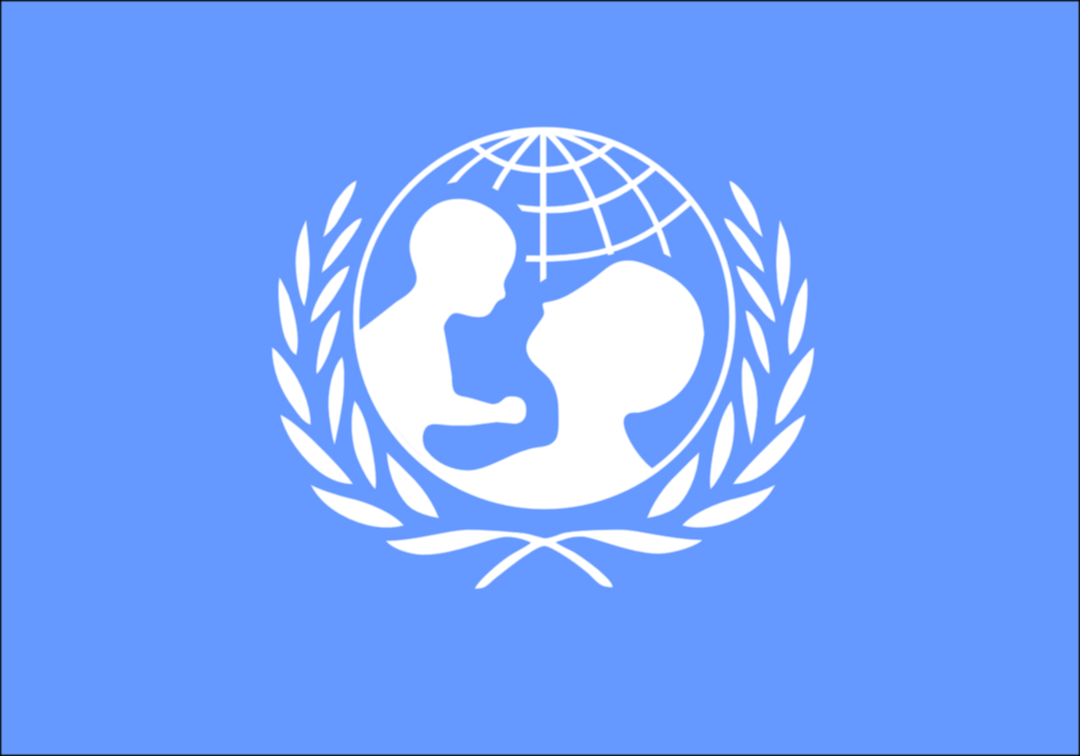-
UNICEF: Young people rethinking parenthood in future due to climate change

A global poll by the United Nations’ Children’s Fund (UNICEF) revealed that climate change has made young people across the world reconsider their future plans for parenthood, underlining their uncertainty about the future of the planet.
Published on Wednesday at the COP27 climate conference in Sharm el-Sheikh Egypt, the findings revealed that that nearly half of young Africans are now rethinking their plans to eventually have children someday.
Youth in the Middle East and North Africa (44 percent) and Sub-Saharan Africa (43 percent) accounted for the highest rate increase than youth from other regions. More than other young people globally, they reported that they were beginning to feel the direct impact of climate change through shocks which have affected their access to food and water, as well as their family’s income.
More than 243,500 young people from 163 countries took part in UNICEF’s U-Report throughout July and August this year. U-Report is a digital platform that supports youth engagement on program priorities, emergency response and advocacy action.

“The impacts of climate change are with us now, but they are far more than floods, droughts and heatwaves. They extend to our very sense of hope,” said Paloma Escudero, head of UNICEF’s COP27 delegation.
“Especially in Africa, young people are seeing the impact these shocks are having on themselves and those they love, and it is changing their plans for the future. But it doesn’t have to. At COP27, world leaders must listen to this anxiety from young people and take immediate action to protect them.”
Boris Johnson warns against climate change ‘defeatism’
Globally, more than half of the poll’s respondents said they have experienced either drought or extreme heat. One in four young people experienced flooding, air pollution, and said that their family’s income source was impacted by climate change.
Other findings included three in five saying they have considered moving to another country or city due to climate change, 70 percent of whom were respondents based in the Middle East and North Africa.
Particularly worrying was that two in five said they had less food to eat. The highest percentage of young people reporting this impact were based in Sub-Saharan Africa (52 percent).
UNICEF urged businesses and governments to rapidly reduce emissions and take immediate action to protect children from climate devastation by adapting the crucial social services they rely on.
Study: Ocean warming rates to quadruple by 2090 if climate change not mitigated
“There is a lot of talk about policy decisions, but that is not what is at stake here at COP27,” said Escudero.
“This survey makes it clear young people’s futures are up in the air – whether they have children, whether they leave their countries, how well they survive the dangers they face. For their sake, success at COP27 must be measured by the delivery of long-promised financing to help communities adapt and the development of solutions to respond to loss and damage.”
A survey by The Lancet last year revealed that 39 percent of the 10,000 global respondents were hesitant to have children.
Source: alarabiya
You May Also Like
Popular Posts
Caricature
BENEFIT Sponsors BuildHer...
- April 23, 2025
BENEFIT, the Kingdom’s innovator and leading company in Fintech and electronic financial transactions service, has sponsored the BuildHer CityHack 2025 Hackathon, a two-day event spearheaded by the College of Engineering and Technology at the Royal University for Women (RUW).
Aimed at secondary school students, the event brought together a distinguished group of academic professionals and technology experts to mentor and inspire young participants.
More than 100 high school students from across the Kingdom of Bahrain took part in the hackathon, which featured an intensive programme of training workshops and hands-on sessions. These activities were tailored to enhance participants’ critical thinking, collaborative problem-solving, and team-building capabilities, while also encouraging the development of practical and sustainable solutions to contemporary challenges using modern technological tools.
BENEFIT’s Chief Executive Mr. Abdulwahed AlJanahi, commented: “Our support for this educational hackathon reflects our long-term strategic vision to nurture the talents of emerging national youth and empower the next generation of accomplished female leaders in technology. By fostering creativity and innovation, we aim to contribute meaningfully to Bahrain’s comprehensive development goals and align with the aspirations outlined in the Kingdom’s Vision 2030—an ambition in which BENEFIT plays a central role.”
Professor Riyadh Yousif Hamzah, President of the Royal University for Women, commented: “This initiative reflects our commitment to advancing women in STEM fields. We're cultivating a generation of creative, solution-driven female leaders who will drive national development. Our partnership with BENEFIT exemplifies the powerful synergy between academia and private sector in supporting educational innovation.”
Hanan Abdulla Hasan, Senior Manager, PR & Communication at BENEFIT, said: “We are honoured to collaborate with RUW in supporting this remarkable technology-focused event. It highlights our commitment to social responsibility, and our ongoing efforts to enhance the digital and innovation capabilities of young Bahraini women and foster their ability to harness technological tools in the service of a smarter, more sustainable future.”
For his part, Dr. Humam ElAgha, Acting Dean of the College of Engineering and Technology at the University, said: “BuildHer CityHack 2025 embodies our hands-on approach to education. By tackling real-world problems through creative thinking and sustainable solutions, we're preparing women to thrive in the knowledge economy – a cornerstone of the University's vision.”
opinion
Report
ads
Newsletter
Subscribe to our mailing list to get the new updates!






















